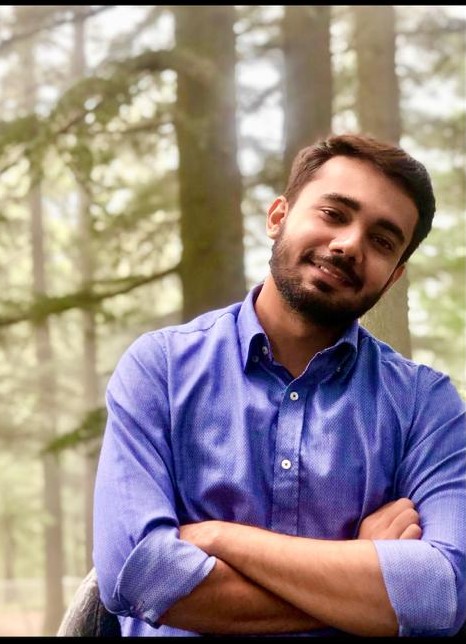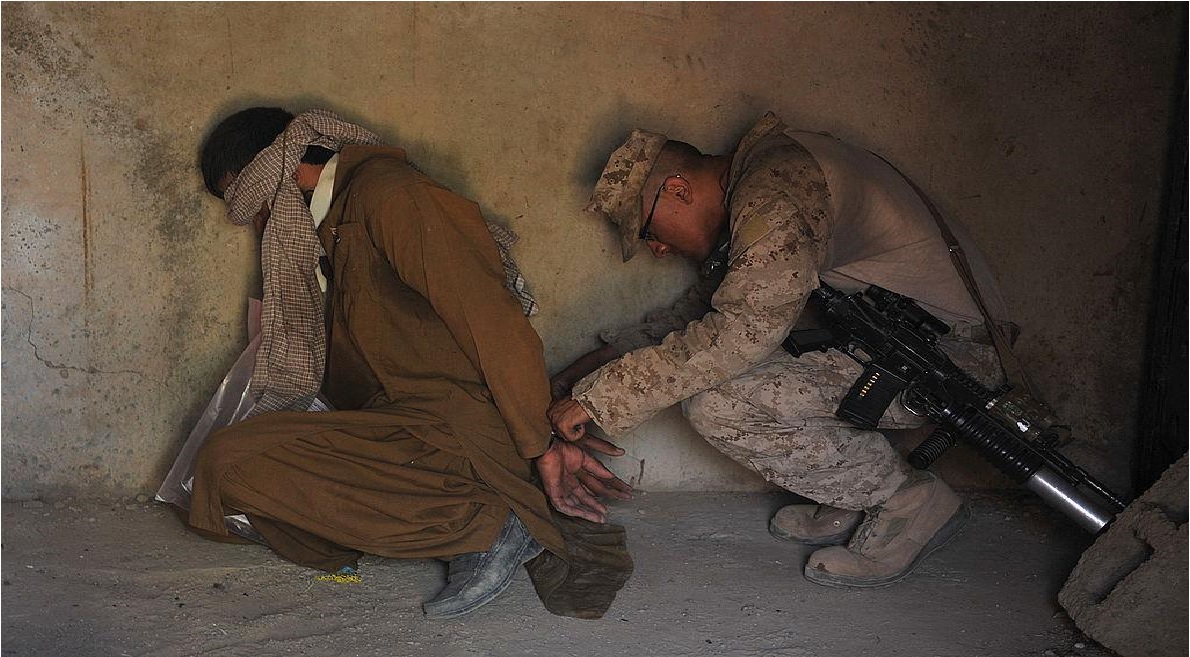On Thursday 19 November Australia faced a reckoning with its recent past in Afghanistan. Australian political culture approaches our armed forces with a great degree of deference and respect. The Australian Defense Force support operations in respect of the January 2020 bushfires and the COVID19 pandemic have drawn widespread and deserved praise. There has, however, been significant and growing disquiet regarding reports of war crimes committed in Afghanistan by our special forces.
On 19 November General Angus Campbell, Chief of the Australian Defense Force, released the summary of the final report of a long-running inquiry into those accusations. That report had been commissioned by the Inspector General of the Australian Defense Force, an independent office outside the military chain of command. The Brereton War Crimes Report is a four-year inquiry, led by Major General Paul Brereton, into the conduct of Australian Defense Forces (ADF) between 2005 and 2016.
The report found evidence of 39 unarmed afghan citizens, including children, murdered by or at the instruction of personnel of the Australian Special Forces. The report identified 25 soldiers involved either directly or as accessories in the unlawful killing of the afghan civilians. Gruesome acts such as slitting throats, keeping kill counts, photographing dead bodies with radios and weapons, thereby covering up their crimes, were revealed in the report.
It also brought to light a disturbing and savage initiation; a rite of passage known as blooding in which junior special forces soldiers were instructed by their patrol commanders to shoot a prisoner to mark the soldier’s first kill. Throw downs foreign equipment and weapons were placed alongside the dead bodies and photographed, making it seem as if the person killed had been a combatant and was a legitimate target. A cover story was created to avoid scrutiny, and witnesses remained silent. The report says that senior command had no knowledge of such incidents, and these crimes were conceived, carried out, and covered up by patrol commanders.
After the report was released, Australia’s Prime Minister, Scott Morrison, apologized to the President of Afghanistan, Ashraf Ghani, via phone call. He stated that an investigator would be assigned to determine prosecution based on the report’s evidence. ADF Chief General Campbell also apologized to both the people of Afghanistan and Australia and vowed to act on the report’s shameful, disturbing, and appalling findings.
The accountability of these crimes is the first step in ensuring that these crimes do not happen again, or at the very least, it sets the tone that there are consequences to such actions. If the pain and discomfort caused by these crimes are not felt extensively, then these crimes will continue to be normalized.
The meritorious unit citation awarded to special forces soldiers who have served in Afghanistan between 2007-2013 will be stripped. The public, especially veterans, have argued that they should not be stripped; they should not be punished for the actions of a few. The Australian PM Scott Morrison has implied that he will have the final say on the decision of stripping the citation or not.
Dr. Samantha Crompvoets, a military sociologist whose work triggered the inquiry, says: “I just wonder how much people have read?” Crompvoets told Guardian Australia. “Some of the comments, I just think ‘Oh my God, have you actually read the report?’ I don’t know how you can read it and come away thinking, ‘It’s just a few bad people’.” She further went on to say the report clearly shows the blame lies beyond just the 19 soldiers accused of the crimes. It reveals deep and systematic cultural problems, especially within the Special Air Service segment, enabling such atrocities to occur in that environment. It’s not about punishing them all; it’s about the implications of the actions of a few.
The accountability of these war crimes must not be dissolved in the media-war with China. The deputy director of the Chinese Ministry of Foreign Affairs Information Department, Zhao Lijian, sent out a tweet on 30th November saying “Shocked by the murder of Afghan civilians & prisoners by Australian soldiers. We strongly condemn such acts & call for holding them accountable.”
This tweet was accompanied by an image of an Australian soldier holding a knife to an Afghan child’s throat, design by a graphic artist. The Australian government, however, showed more outrage over the tweet than over the findings of the report. Nothing controversial was said in this tweet, only references to the substantiated allegations made in the report. The New Zealand Prime Minister, Jacinda Arden, told the media the tweet was “wasn’t factual, it wasn’t correct.”
These normalized acts of violence by the West enables rite of passages such as blooding and turns civilians into collateral damage. The report mentions these crimes were not committed in the heat of the battle; these are indeed war crimes. This begs the question that how many killings have been legal because the Australian Army decided they were committed in the heat of the battle?

The author is doing M. Phil in Public Policy and Governance. He is working as a freelancer. Previously worked with HubPages and Washington Post.
